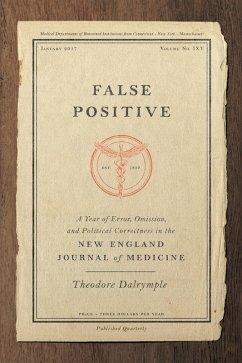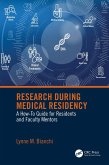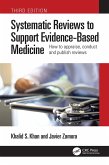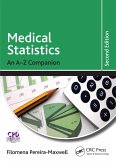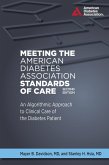The New England Journal of Medicine is one of the most important general medical journals in the world. Doctors rely on the conclusions it publishes, and most do not have the time to look beyond abstracts to examine methodology or question assumptions. Many of its pronouncements are conveyed by the media to a mass audience, which is likely to take them as authoritative. But is this trust entirely warranted?
Theodore Dalrymple, a doctor retired from practice, turned a critical eye upon a full year of the Journal, alert to dubious premises and to what is left unsaid. In False Positive, he demonstrates that many of the papers it publishes reach conclusions that are not only flawed, but obviously flawed. He exposes errors of reasoning and conspicuous omissions apparently undetected by the editors. In some cases, there is reason to suspect actual corruption.
When the Journal takes on social questions, its perspective is solidly politically correct. Practically no debate on social issues appears in the printed version, and highly debatable points of view go unchallenged. The Journal reads as if there were only one possible point of view, though the American medical profession (to say nothing of the extensive foreign readership) cannot possibly be in total agreement with the stances taken in its pages. It is thus more megaphone than sounding board.
There is indeed much in the New England Journal of Medicine that deserves praise and admiration. But this book should encourage the general reader to take a constructively critical view of medical news and to be wary of the latest medical doctrines.
Theodore Dalrymple, a doctor retired from practice, turned a critical eye upon a full year of the Journal, alert to dubious premises and to what is left unsaid. In False Positive, he demonstrates that many of the papers it publishes reach conclusions that are not only flawed, but obviously flawed. He exposes errors of reasoning and conspicuous omissions apparently undetected by the editors. In some cases, there is reason to suspect actual corruption.
When the Journal takes on social questions, its perspective is solidly politically correct. Practically no debate on social issues appears in the printed version, and highly debatable points of view go unchallenged. The Journal reads as if there were only one possible point of view, though the American medical profession (to say nothing of the extensive foreign readership) cannot possibly be in total agreement with the stances taken in its pages. It is thus more megaphone than sounding board.
There is indeed much in the New England Journal of Medicine that deserves praise and admiration. But this book should encourage the general reader to take a constructively critical view of medical news and to be wary of the latest medical doctrines.
Dieser Download kann aus rechtlichen Gründen nur mit Rechnungsadresse in A, D ausgeliefert werden.

